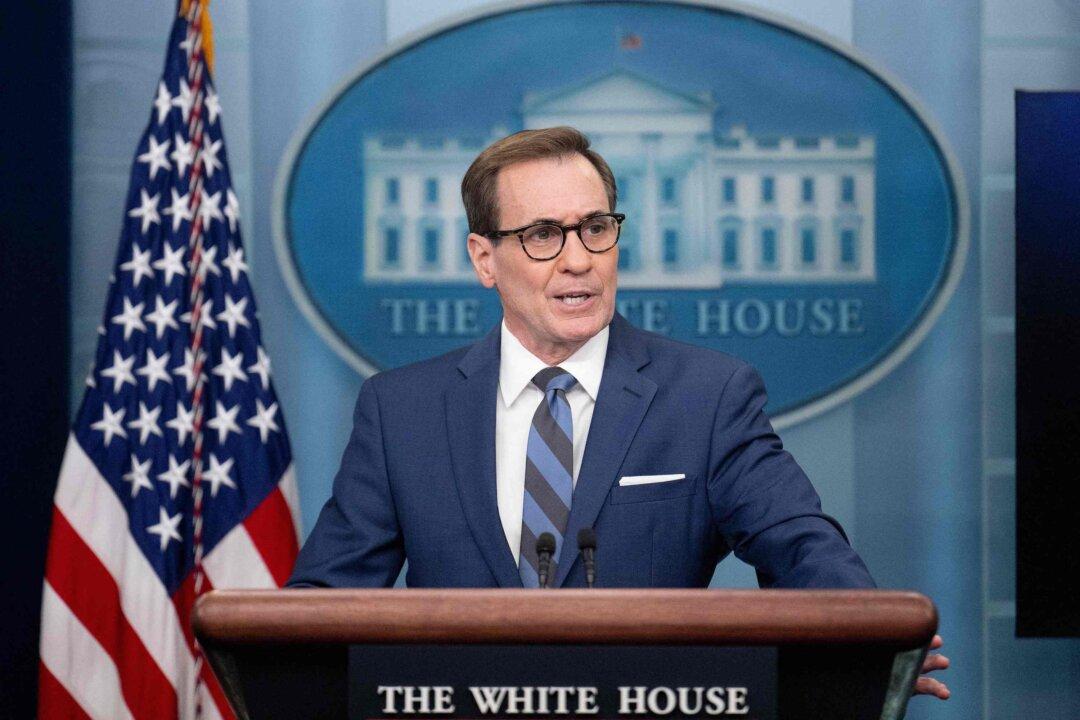The Biden administration says it supports Chinese people’s rights to peacefully protest the communist regime’s COVID policies after widespread unrest rocked the country over the weekend.
“People should be allowed ... the right to assemble and to peacefully protest policies or laws or dictates ... that they take issue with,” White House National Security Council spokesperson John Kirby told reporters at a Nov. 28 press briefing. “The White House supports the right of peaceful protest.”





